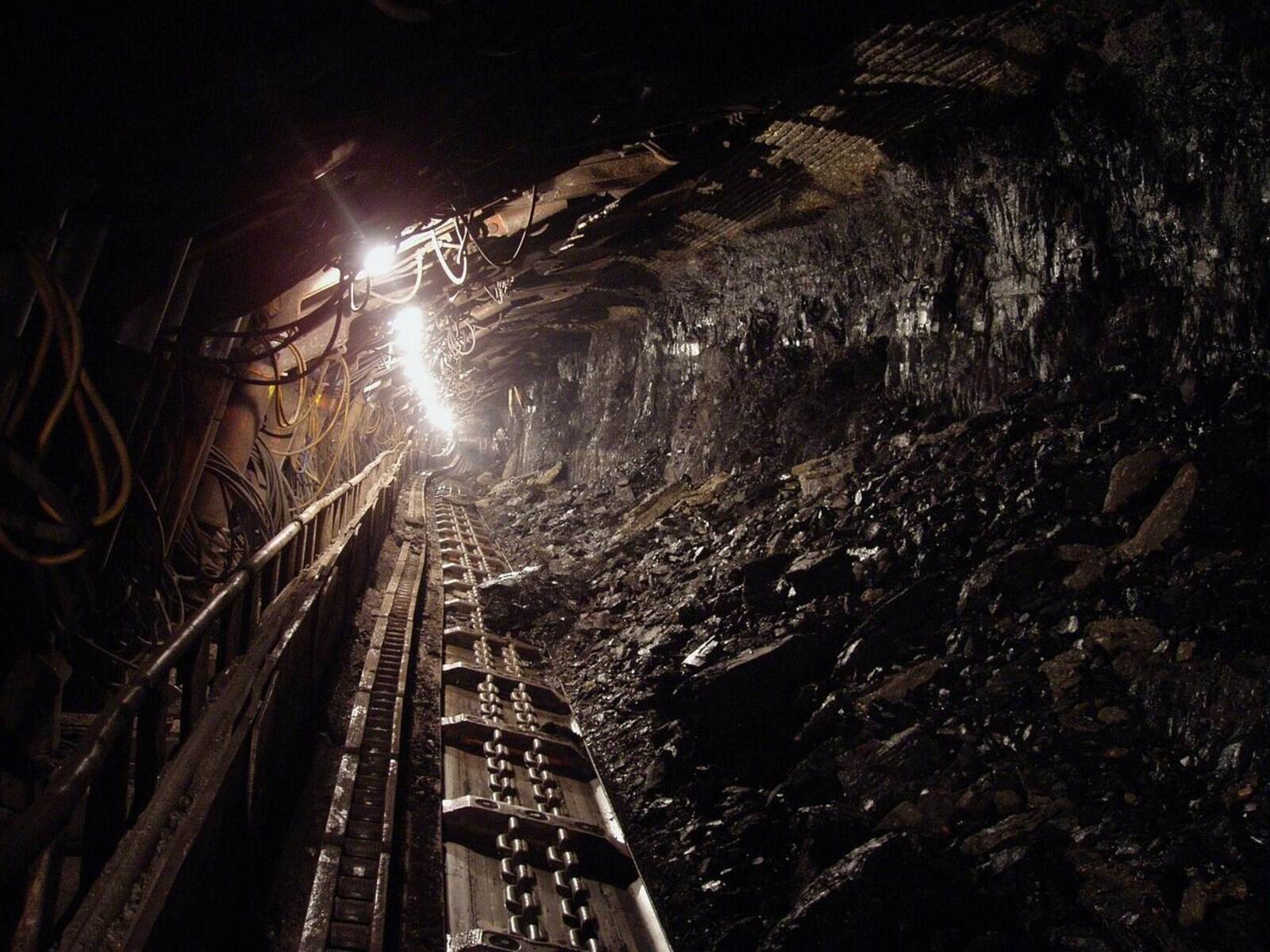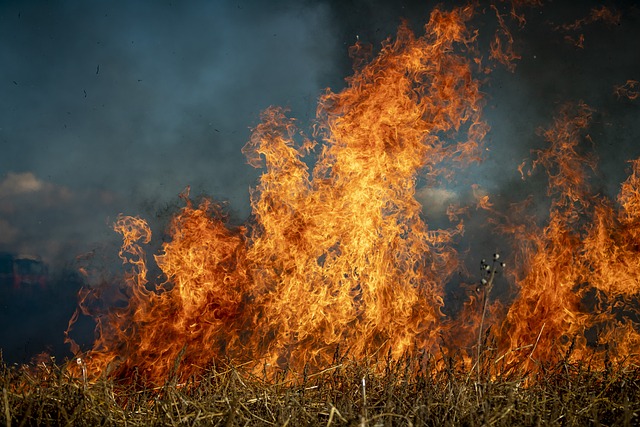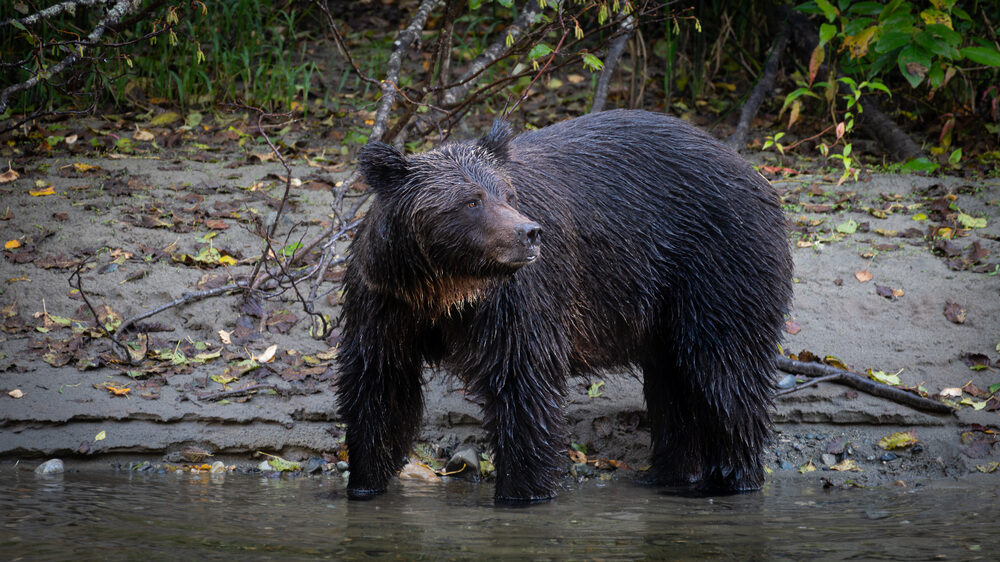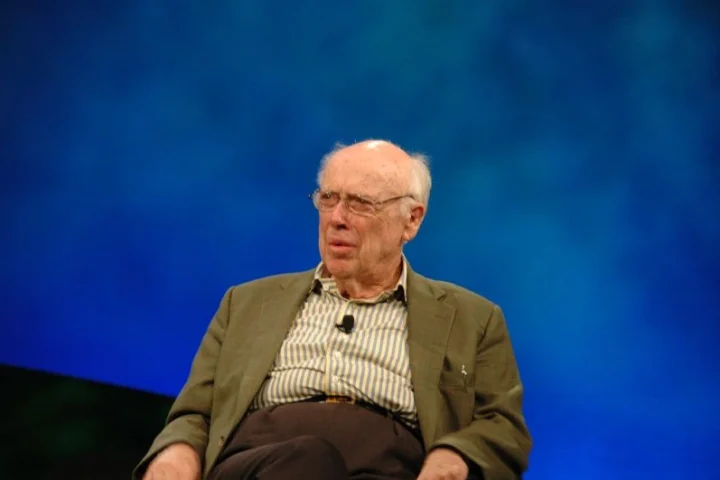The Bureau d’audiences publiques sur l’environnement (BAPE) believes that Ressources Falco’s new underground mine project (Horne 5) in Rouyn-Noranda is “not acceptable” in its current form.
In its 281-page investigation report, the BAPE investigation commission summarizes that the project does not meet minimal requirements, “in terms of safety, public health, environmental protection, [and] internalization of costs”.
The Minister of the Environment, Benoit Charette, received a copy of this report on December 23rd. He had two weeks to make it public, which was done Tuesday morning.
The minister has not issued any comments. In writing, his office declared that they want to “take the time to thoroughly analyze the report” and said they are “sensitive to the issues raised in it”.
For four months, the BAPE commission, chaired by Joseph Zayed, analyzed several issues, notably related to water, air quality, public health, and the sharing of responsibilities between Ressources Falco and Glencore. Most of the concerns raised by the population during the hearings were retained by the BAPE.
“The numerous opinions and findings in the report clearly demonstrate that the project has no valid justification and has far more negative repercussions than advantages for the community,” reacted Henri Jacob, president of Boreal Action, created following the release of the documentary ‘The Boreal Error’ by Richard Desjardins. “We demand that Minister Charette honor [his] environmental responsibility mandate […] by respecting the report’s conclusions […] and reject the Horne 5 project immediately and without equivocation.”
Ressources Falco said it welcomes this BAPE report “with interest”, while adding that “it is common for the commission to request complementary studies and analyses to clarify certain aspects of the project”. “We will take the time to analyze the report in detail with our experts, but we are happy to have passed one of the last stages of the environmental assessment process,” declared Falco’s CEO, Luc Lessard.
Similar Posts
The Ressources Falco project, partially owned by Osisko Development (17%) and Investissement Québec (8%), consists of constructing a new mine, just beneath the Horne foundry (Glencore) and the former copper mine that Noranda Mines operated on-site for fifty years, from 1927 to 1976.
If this mine were to come to fruition, the deposit over one kilometer long and exceeding 2.6 km in depth from the surface would allow Falco to extract 16,000 tonnes of gold, silver, copper, and zinc ore per day.
The company estimates that the project’s completion, planned to start in 2028, would involve hiring 900 workers during construction and 500 people during operations, which could extend over 15 years.
Regarding air quality and public health, the commission deplores “gaps in available data”. The absence of a total population exposure assessment for Rouyn-Noranda, integrating the project’s emissions and existing emissions, “constitutes a significant gap that the ministry should require a comprehensive and integrated evaluation”.
Concerning water quality, the commission also believes the ministry should demand more studies and analyses, particularly on water extraction from Rouyn Lake and mining waste management.
Stock Market Impact Monday, shortly after the report’s publication, Falco’s stock quickly plummeted on the Toronto Stock Exchange. Just before 1:30 PM, its share value had already dropped by 33.87%, reaching its lowest level of $0.20 per share.
By the end of the trading session, the stock had somewhat recovered, closing at $0.23 per share, down 25.81% from the previous day’s closing price.
It is the Minister of the Environment, Benoit Charette, who will have the final word on whether to issue a government decree for the Horne 5 project.
The investigation commission believes that the Horne 5 project, as presented, does not meet the minimum requirements in terms of safety, public health, environmental protection, and cost internalization. Consequently, it judges that this project is not acceptable in the current state of knowledge brought to its attention.


















